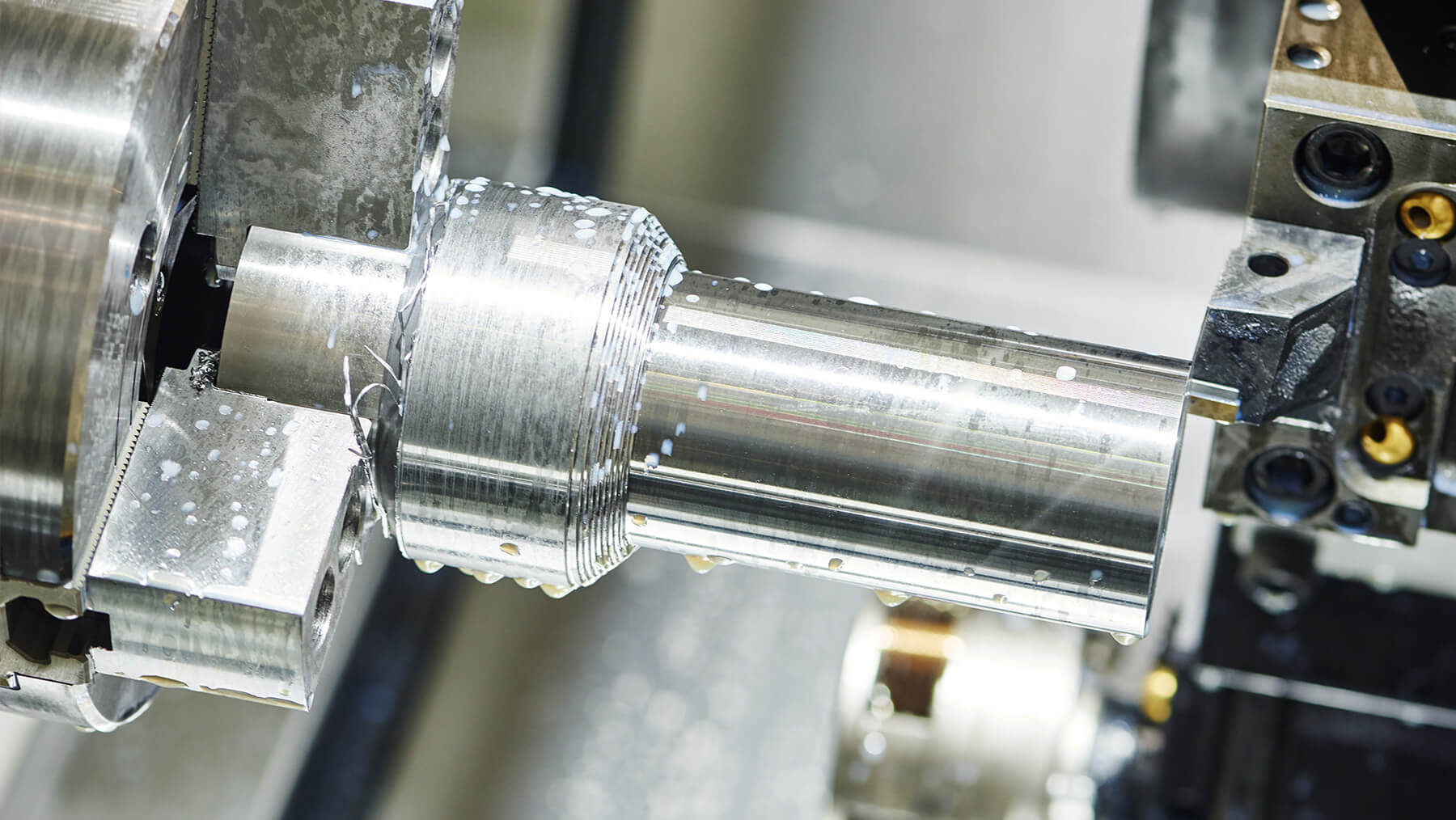
In a groundbreaking development for the aerospace industry, the introduction of Titanium Forging Bar ASTM B348 is set to revolutionize the manufacturing of aircraft components. This new material promises to offer unparalleled strength, durability, and performance, making it a game-changer for the sector. Titanium Forging Bar ASTM B348 is a high-quality titanium alloy that meets the stringent standards set by the ASTM International, a globally recognized organization for the development and delivery of international voluntary consensus standards. This alloy is specifically designed for forging applications, making it an ideal choice for aerospace manufacturers looking to enhance the performance and reliability of their products.
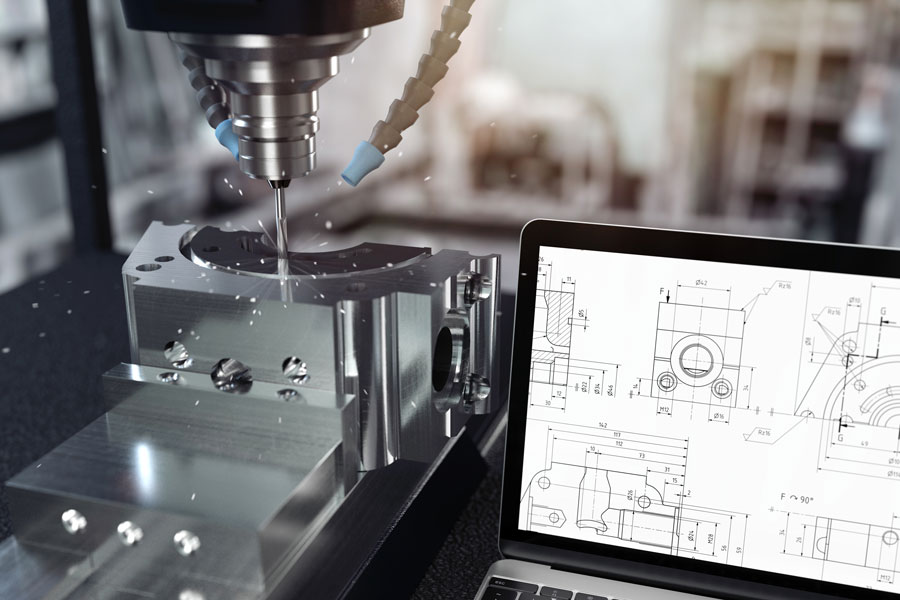
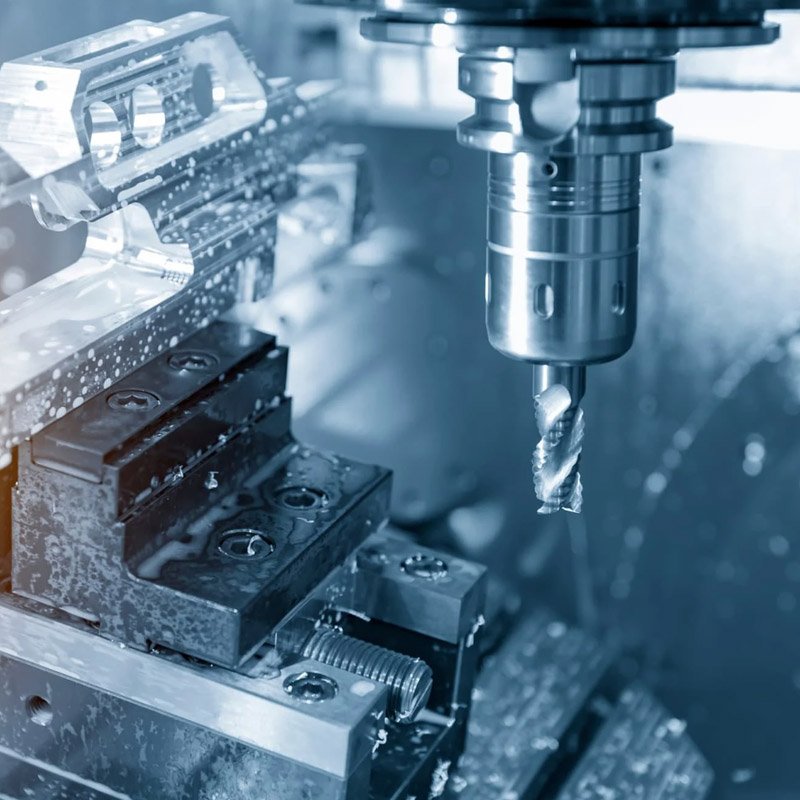
One of the key advantages of Titanium Forging Bar ASTM B348 is its exceptional strength-to-weight ratio. This property makes it an attractive option for aircraft components, as it allows for the creation of lighter yet incredibly strong parts. As a result, aircraft built using this material can benefit from improved fuel efficiency and overall performance, contributing to a more sustainable and cost-effective aviation industry. Furthermore, the superior corrosion resistance of Titanium Forging Bar ASTM B348 makes it well-suited for use in challenging environments, such as high-altitude flights and exposure to harsh weather conditions. This resilience ensures that aircraft components made from this material will maintain their structural integrity over extended periods, reducing the need for frequent maintenance and replacement.
The introduction of Titanium Forging Bar ASTM B348 also holds promise for advancing the design and manufacturing of next-generation aircraft. With its exceptional mechanical properties, including high tensile strength and fatigue resistance, this material enables engineers to push the boundaries of innovation, leading to the development of more efficient and reliable aircraft systems. Moreover, the use of Titanium Forging Bar ASTM B348 aligns with the industry's ongoing efforts to reduce carbon emissions and enhance sustainability. By enabling the production of lighter aircraft components, this material supports the goal of creating more eco-friendly aviation solutions, ultimately contributing to a greener and more environmentally conscious aerospace sector.
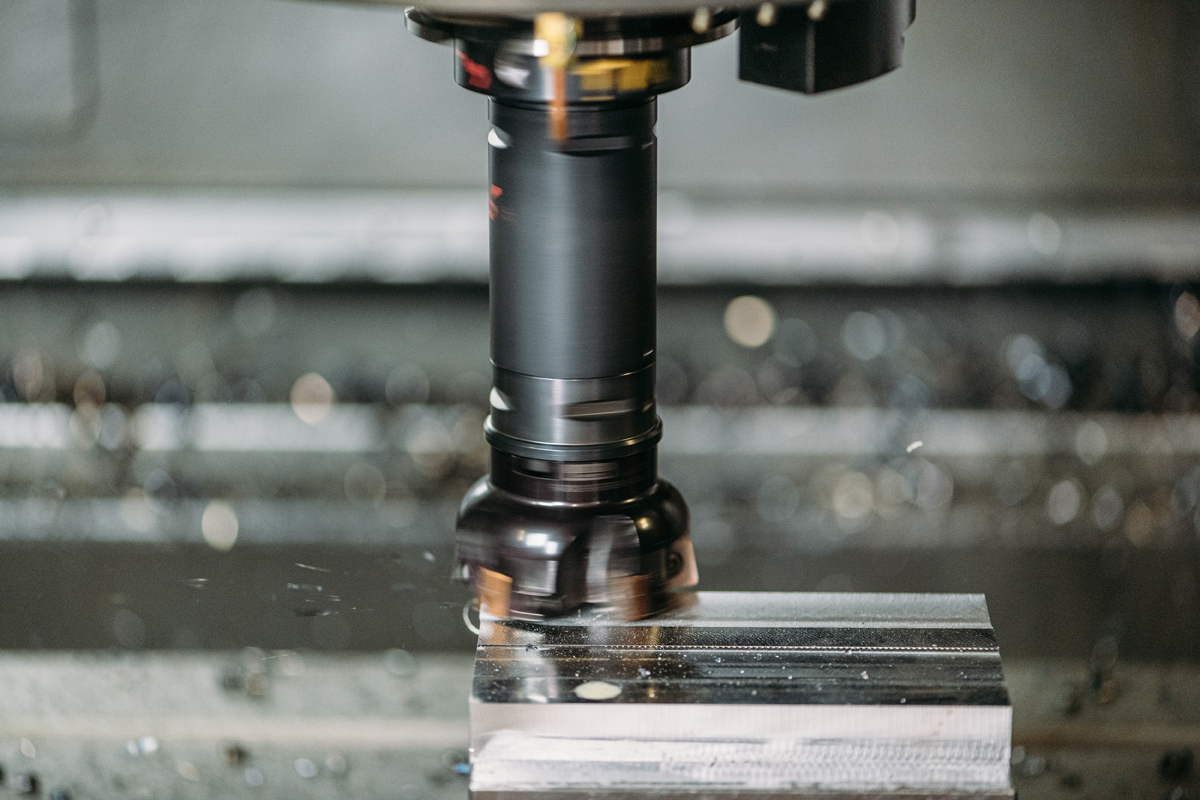
The adoption of Titanium Forging Bar ASTM B348 is expected to have far-reaching implications across the aerospace supply chain. Manufacturers, suppliers, and engineering firms are likely to embrace this new material, recognizing its potential to elevate the performance and safety standards of aircraft components. This shift towards titanium forging bars could also lead to the development of innovative manufacturing processes and technologies, further driving progress within the industry.
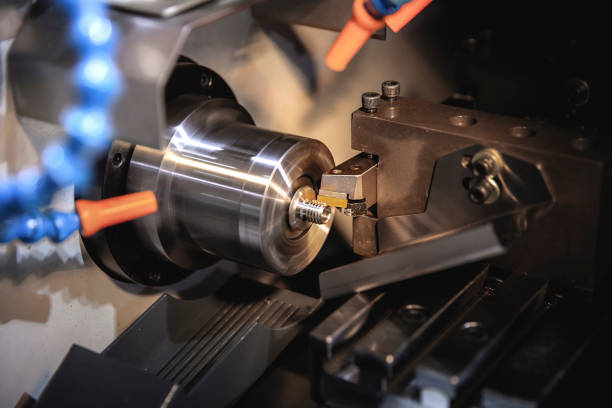
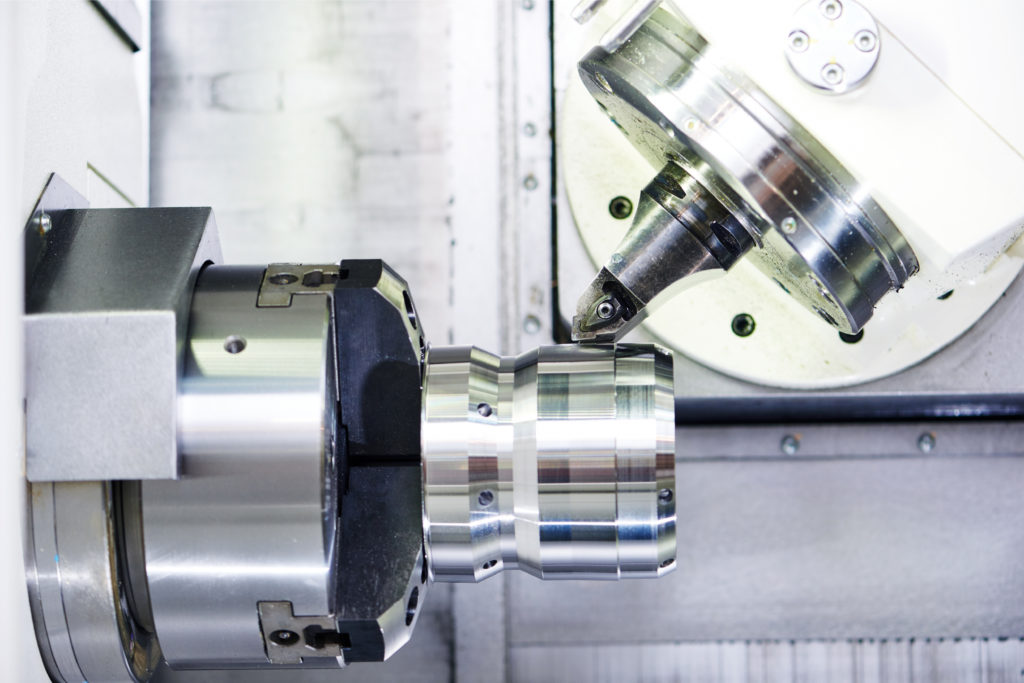
In conclusion, the introduction of Titanium Forging Bar ASTM B348 marks a significant milestone in the evolution of aerospace technology. With its exceptional strength, durability, and performance characteristics, this material has the potential to redefine the way aircraft components are designed and manufactured. As the industry embraces this breakthrough, we can anticipate a new era of aerospace innovation, characterized by lighter, more efficient, and environmentally sustainable aircraft.
Post time: Mar-26-2024
